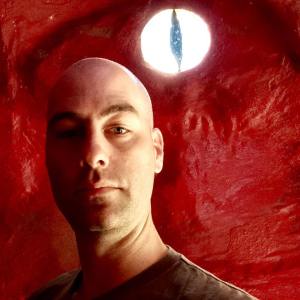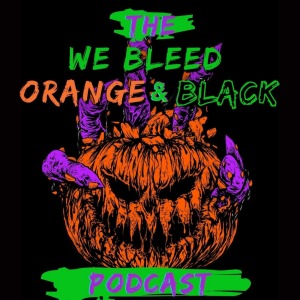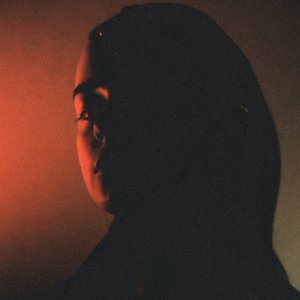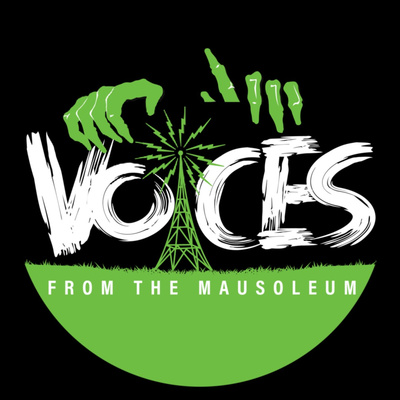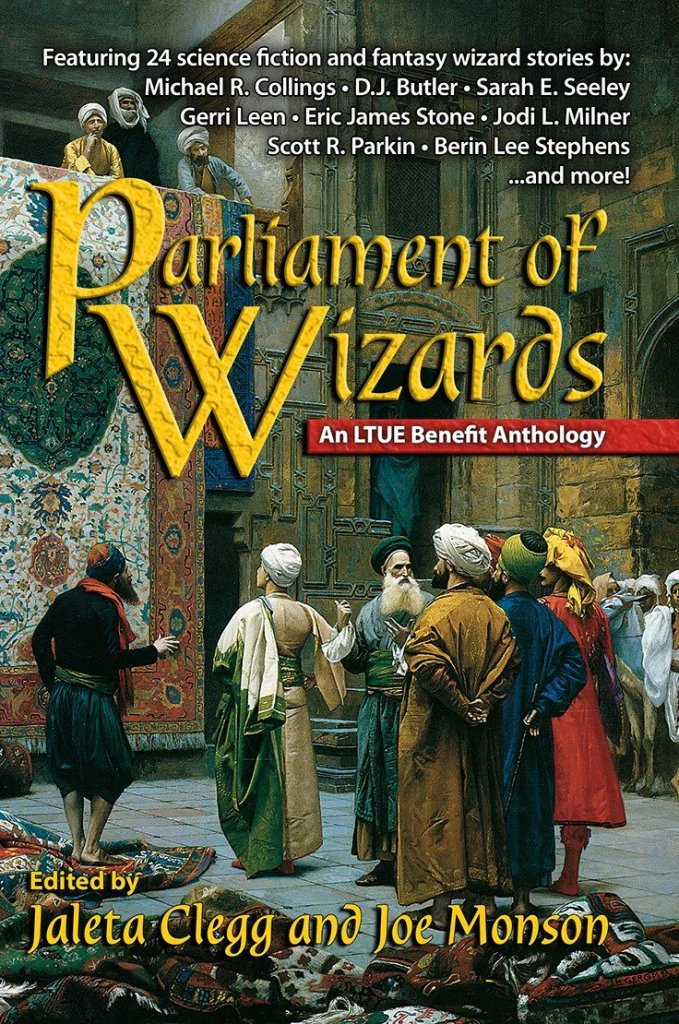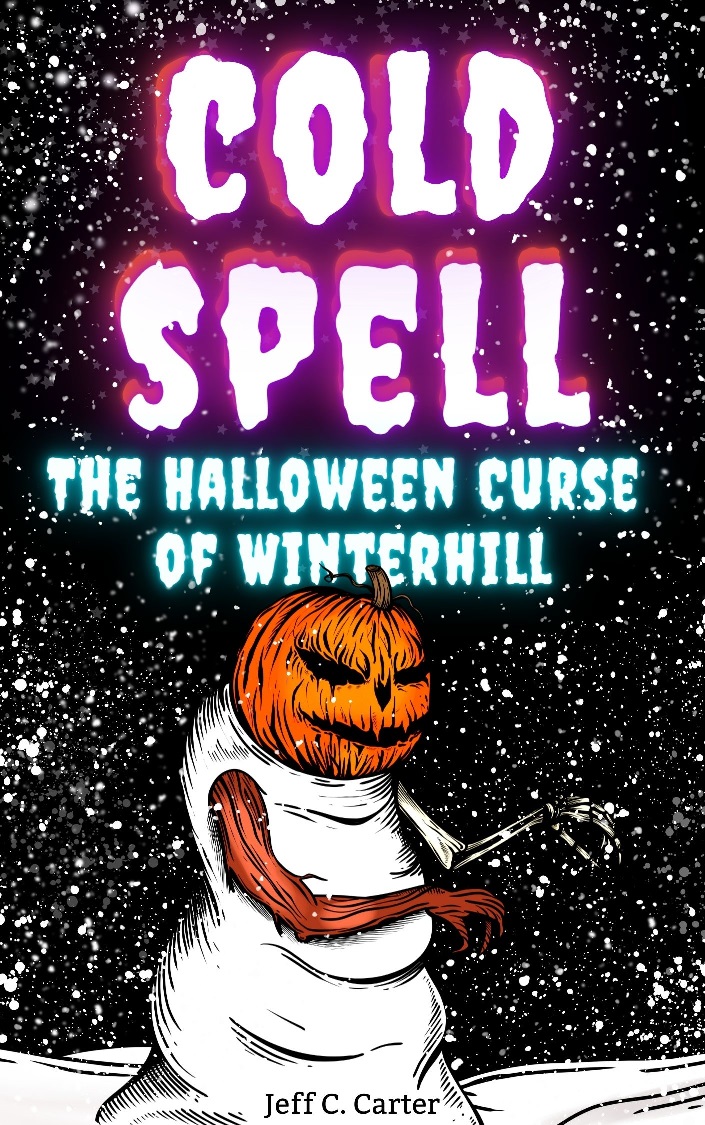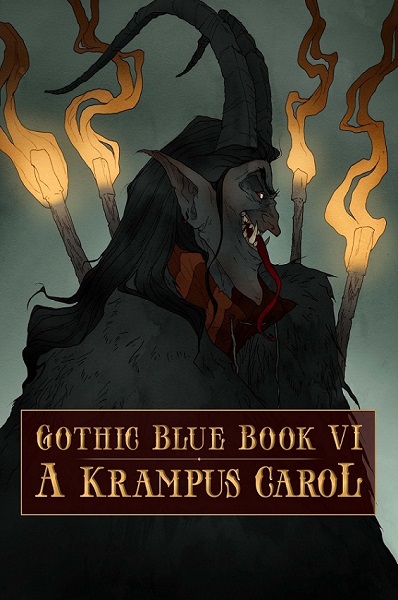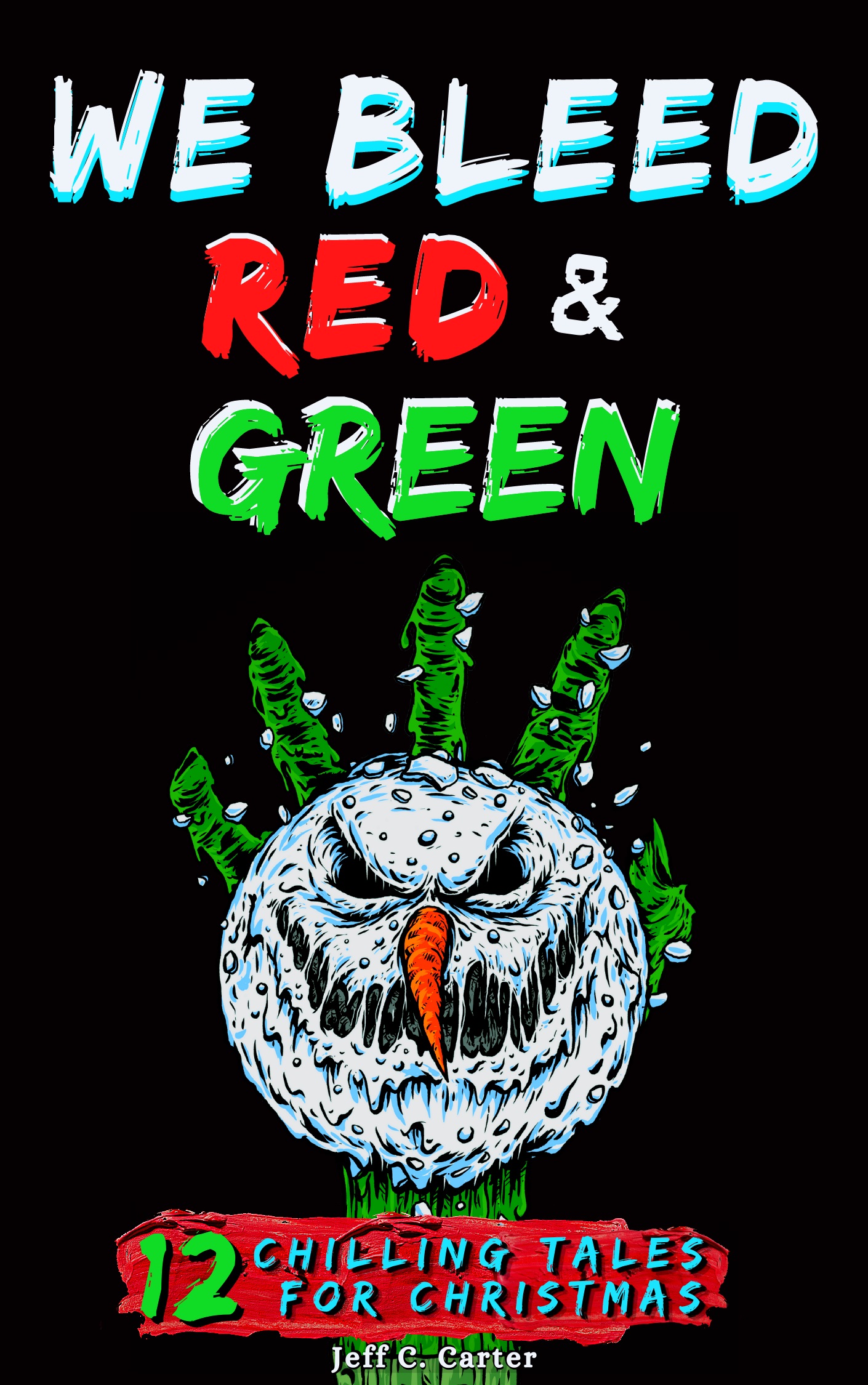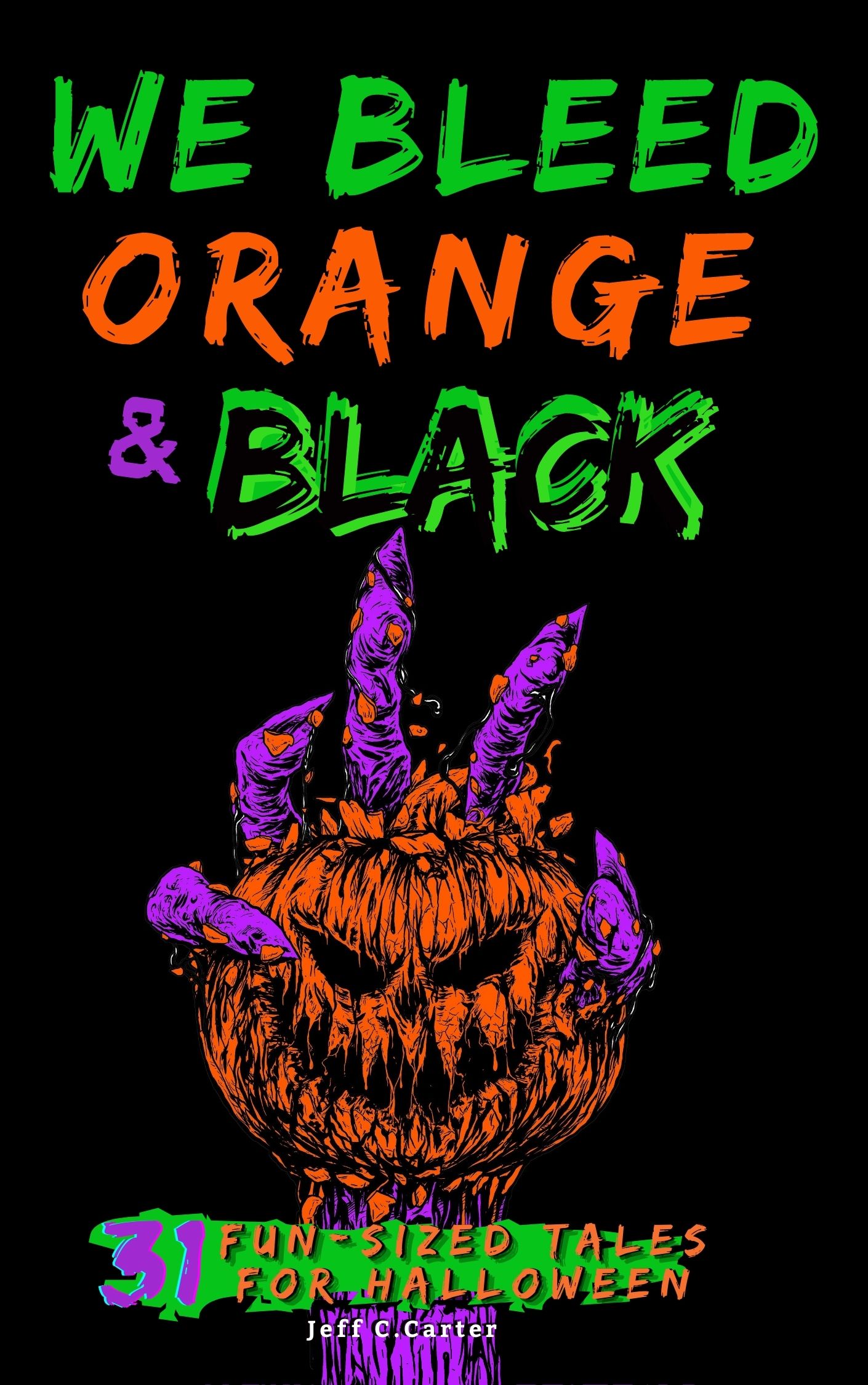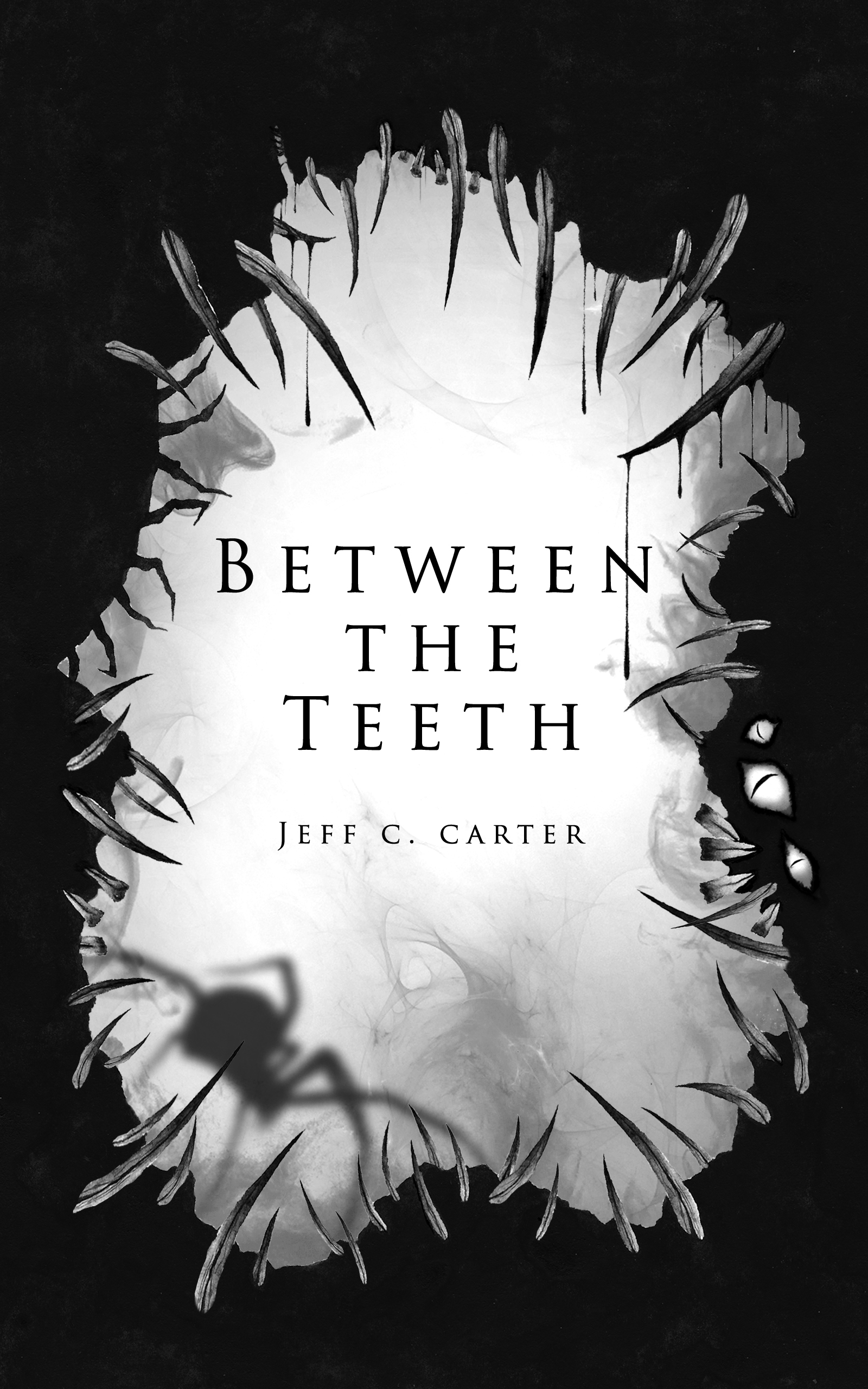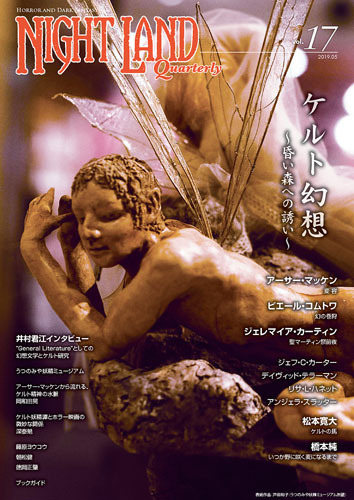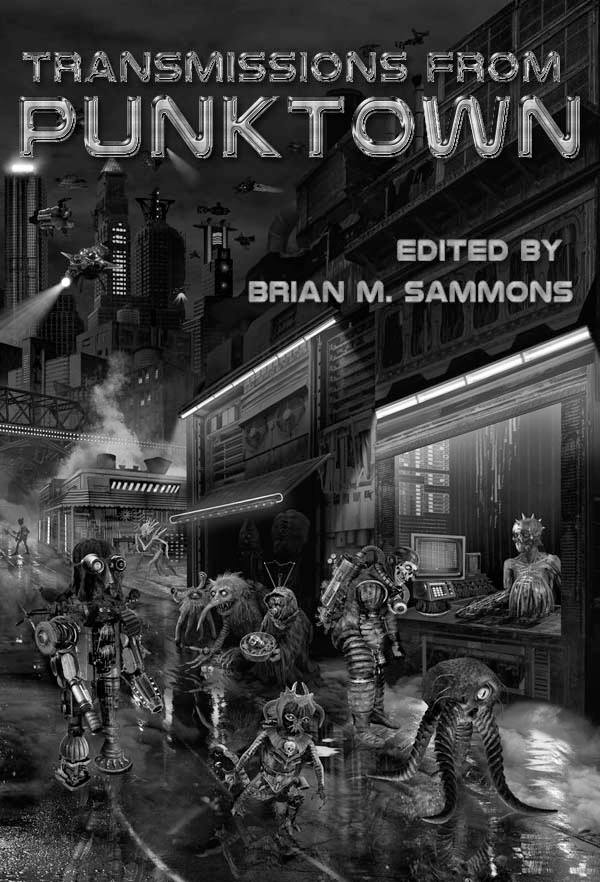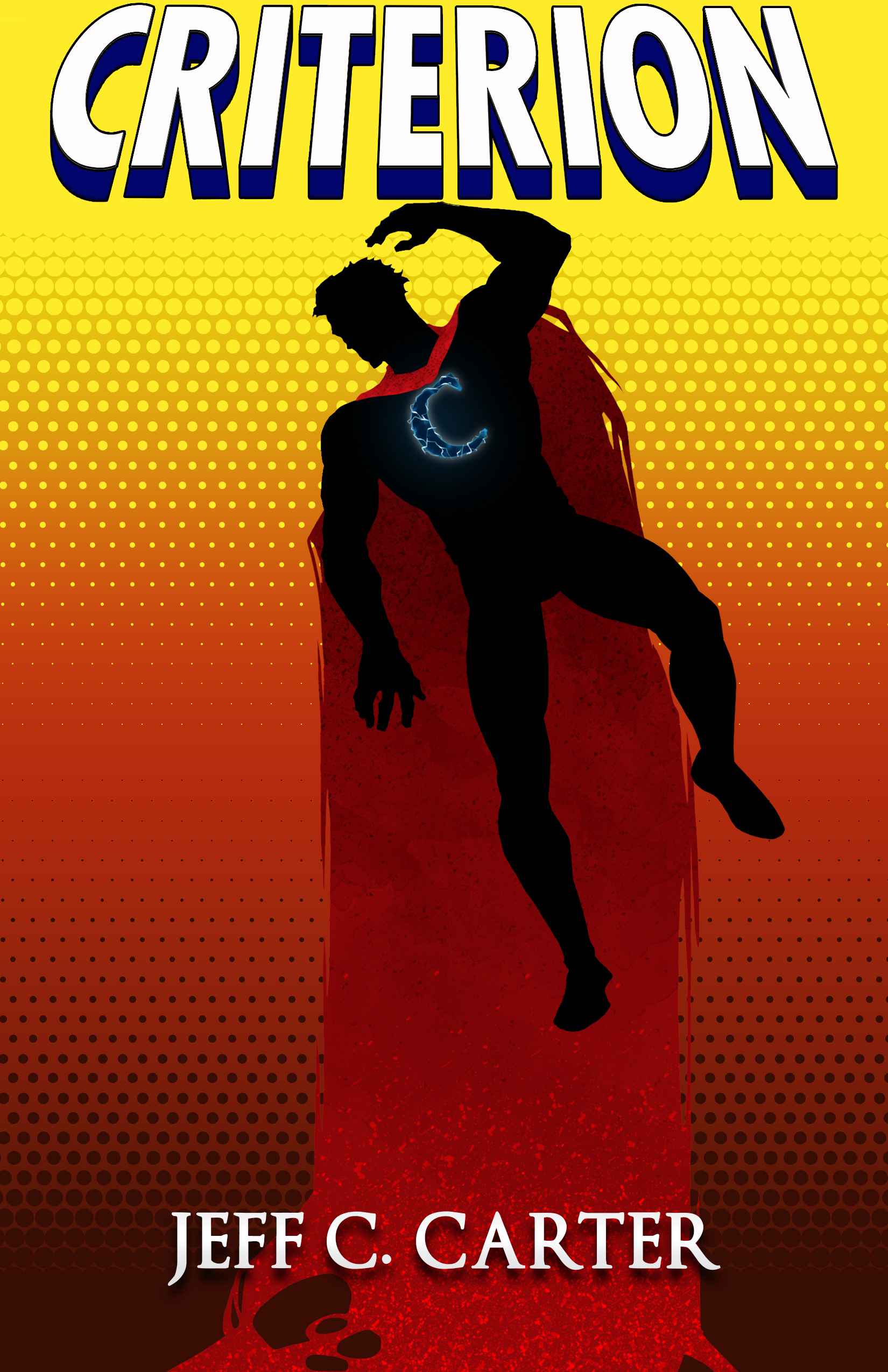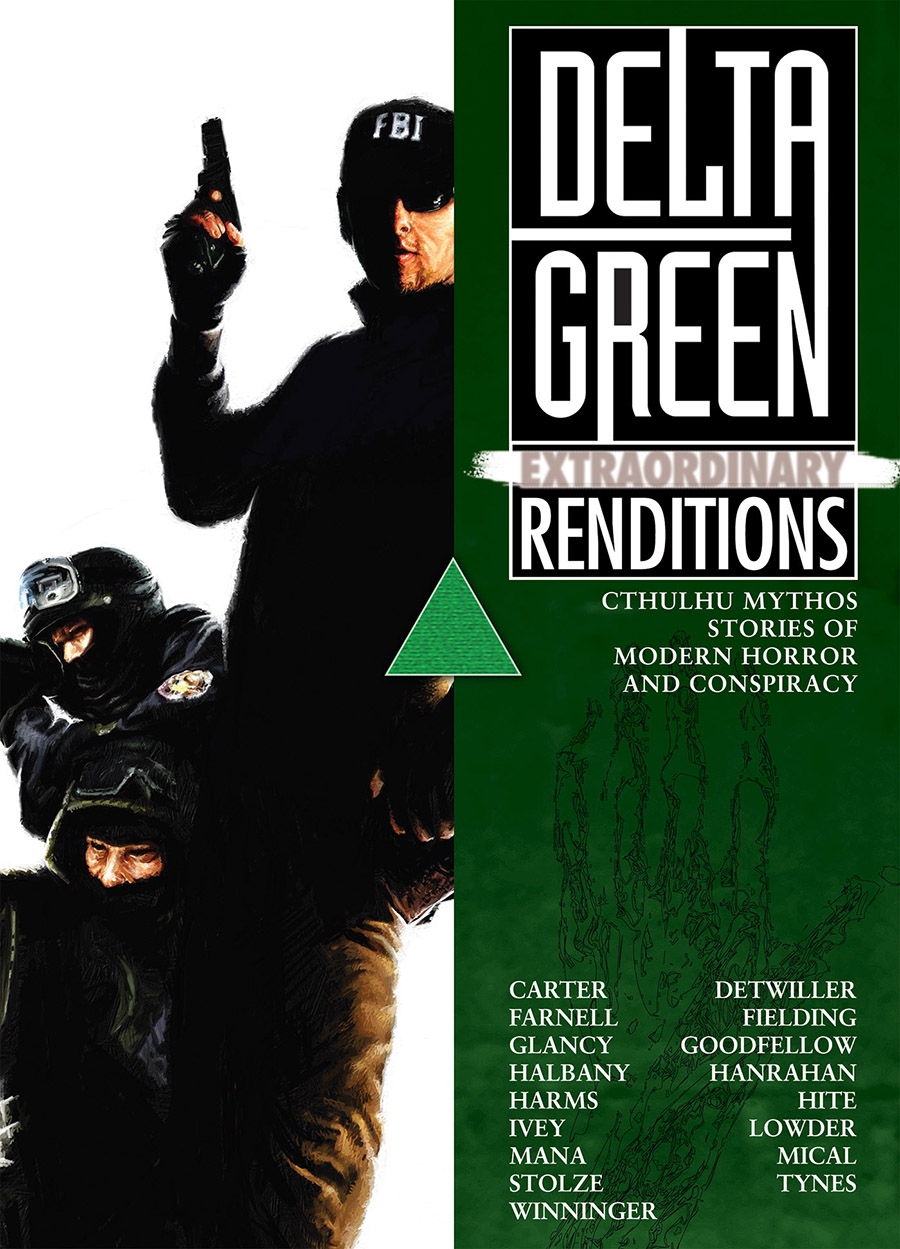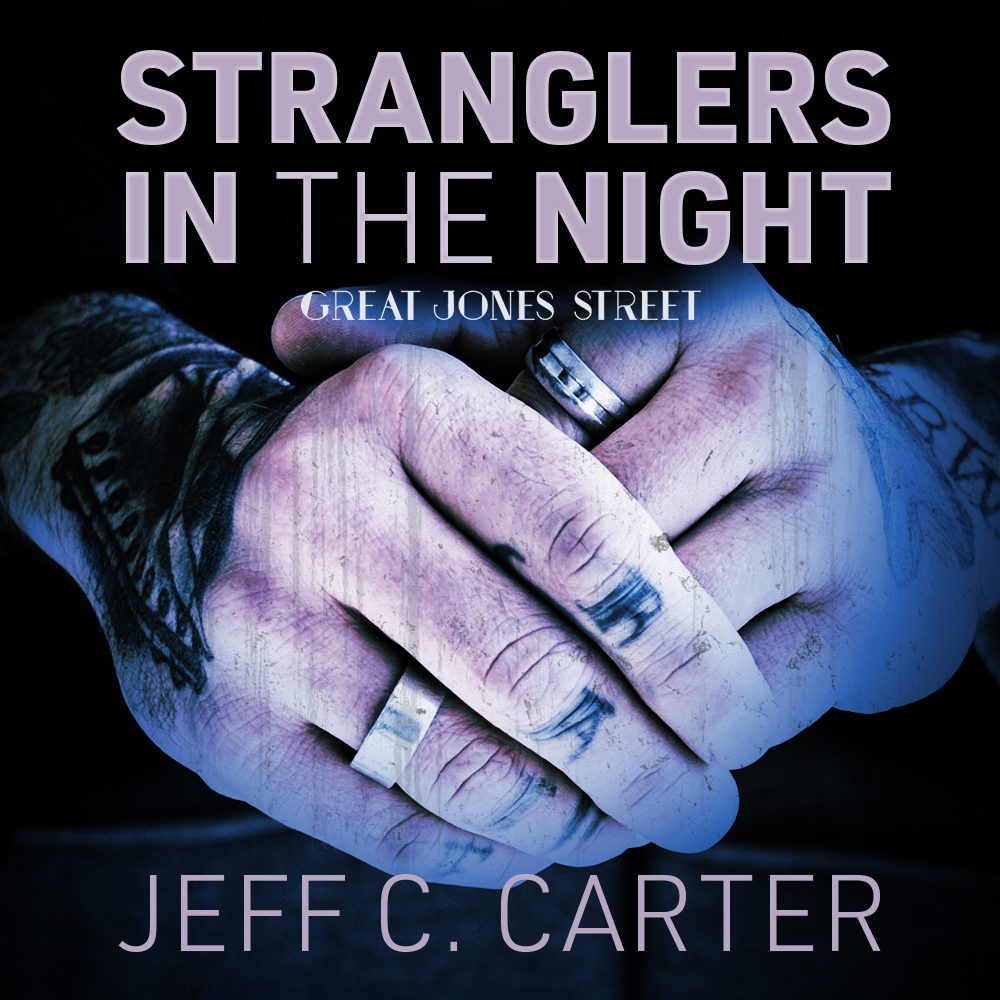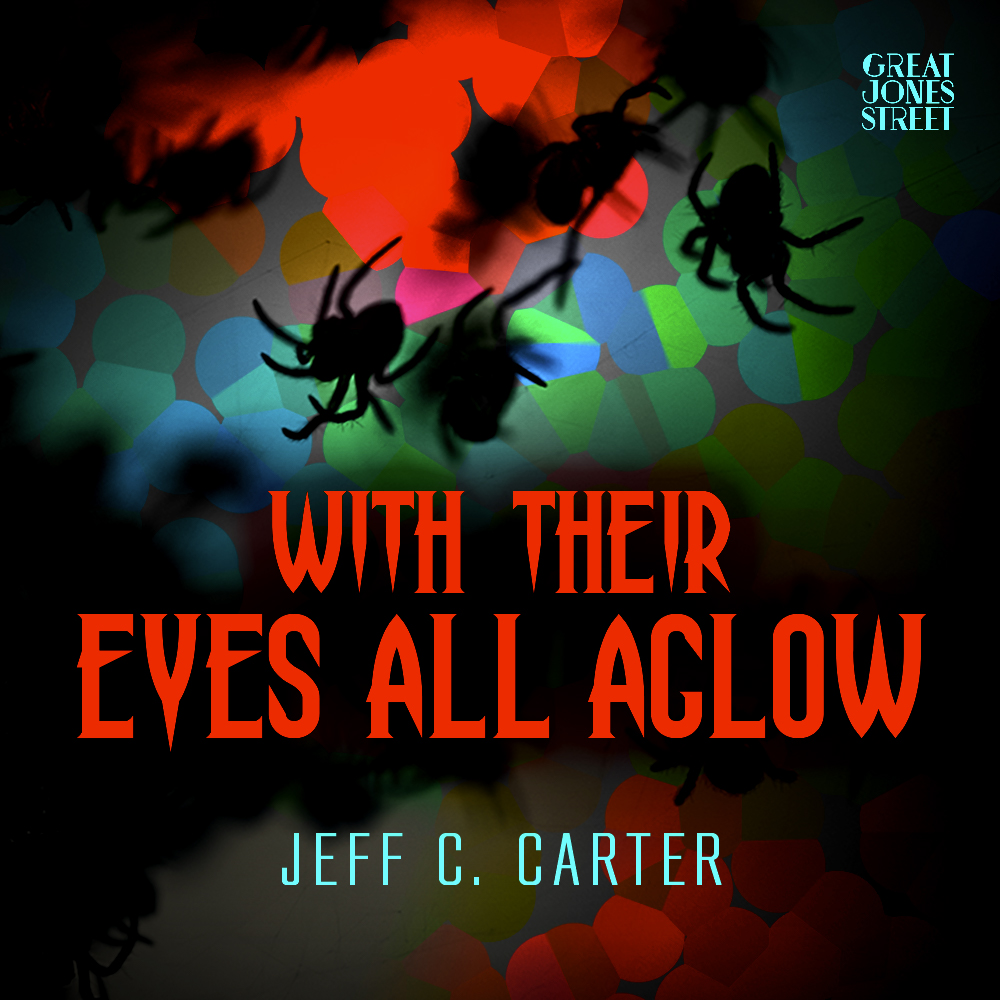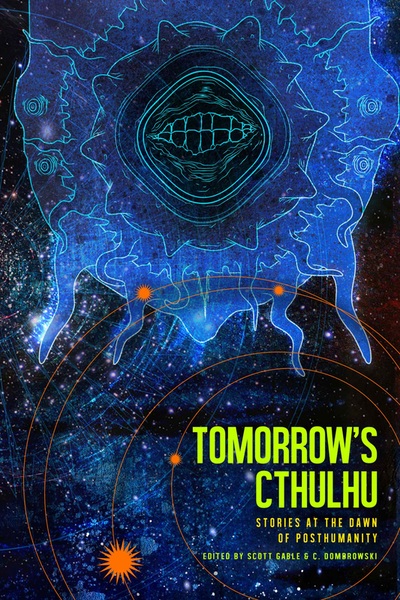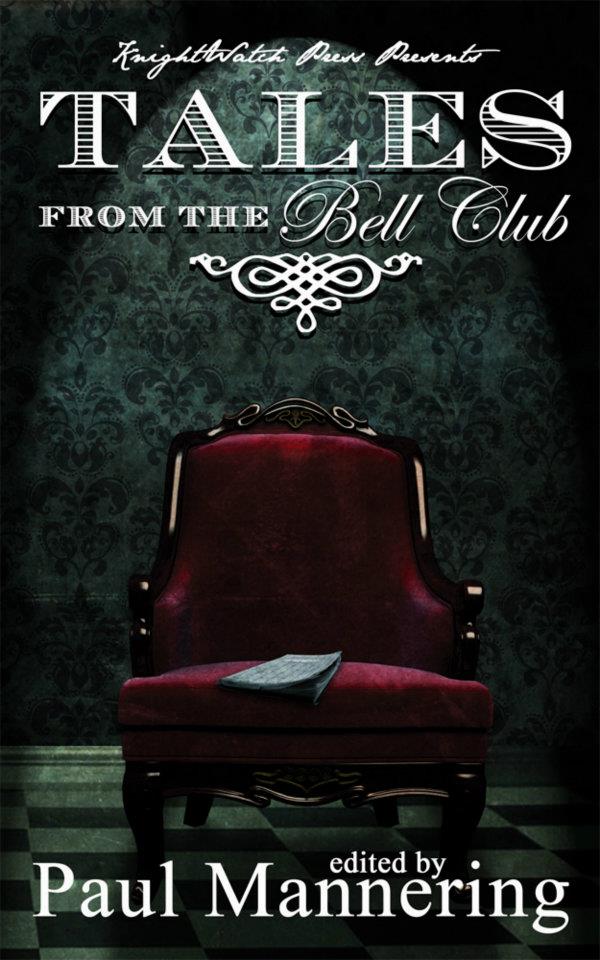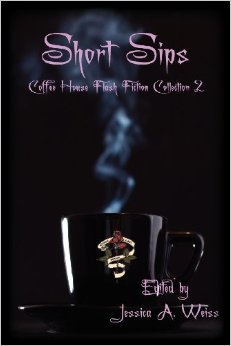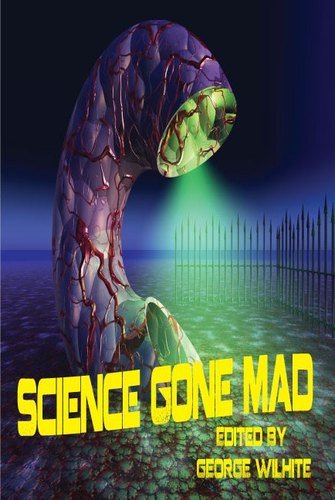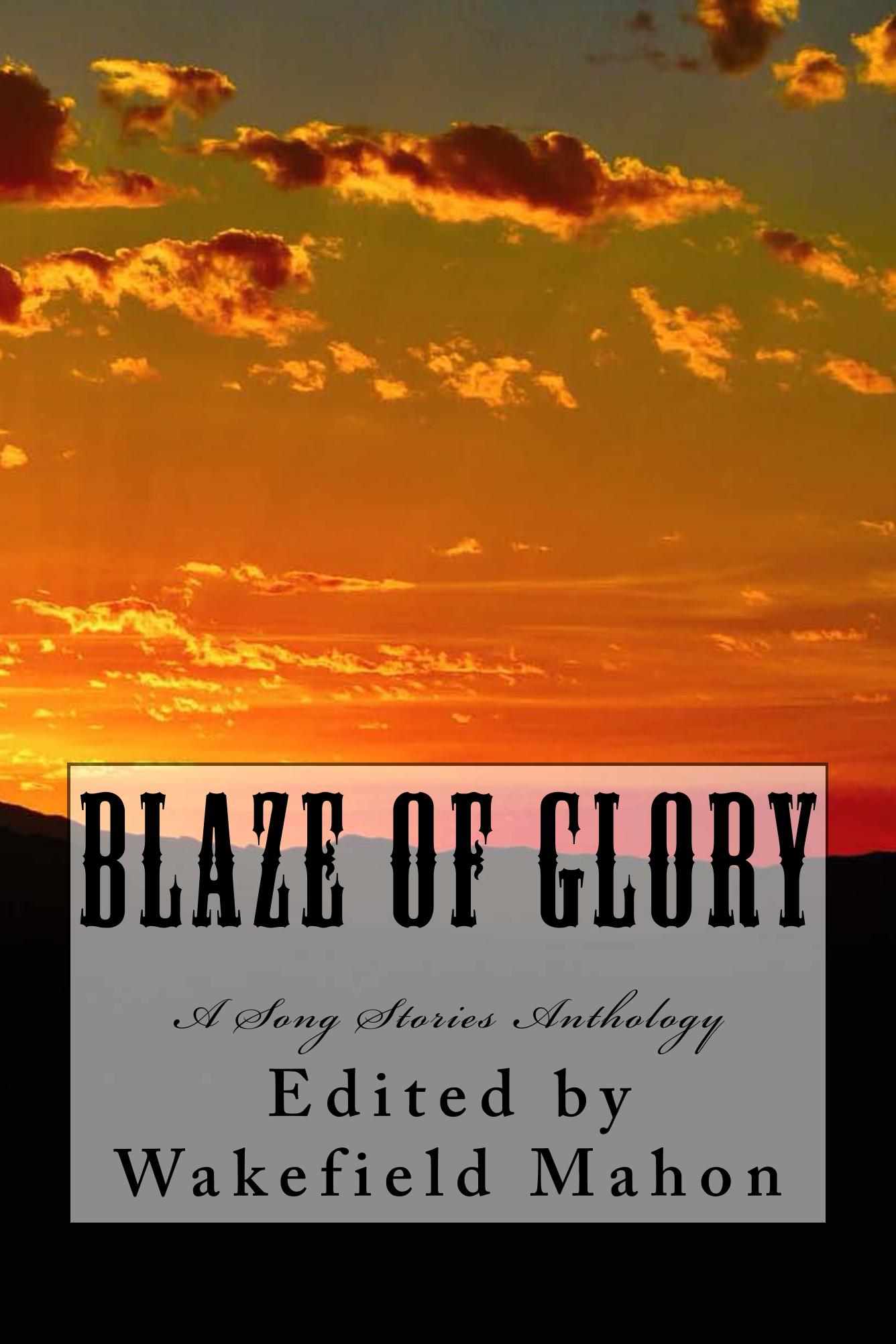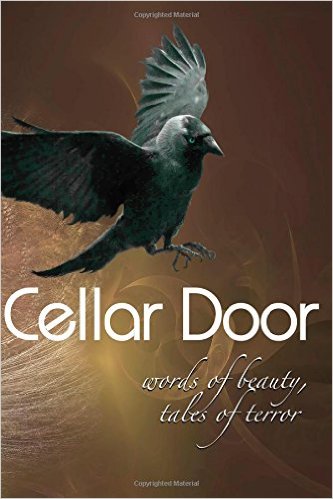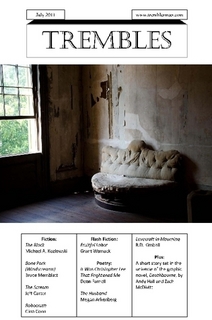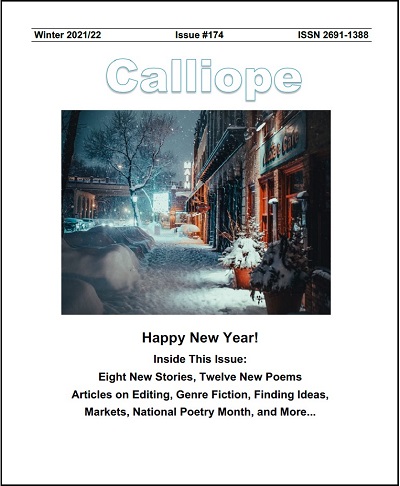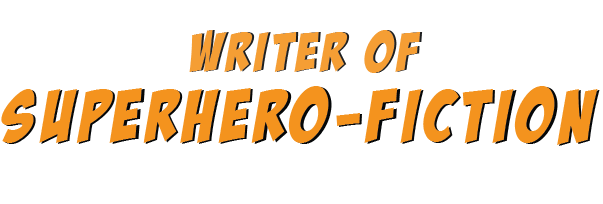In celebration of the 33 days of Hallowe’en here is an interview with Horror author Edward M. Erdelac, author of the Lovecraftian / Jewish Weird Western saga MERKABAH RIDER as well as the zombie tales DUBAKU and NIGHT OF THE JIKININKI and the delicious Vampire /Werewolf/Pirate combo platter RED SAILS.

We sat down in cyberspace recently and had a nice chat; presented here for your ED-ification (I already regret that pun.)
When did you think you wanted to be a story teller?
Probably around eighth grade. Sister Marie read us Call of The Wild and around the same time I read the novelization of Friday The 13th Part VI: Jason Lives by Simon Hawke. First two books I ever read without any kind of art in them and I was amazed at what you could do in a book. When Buck for instance attacked the Indian camp at the end of Call and ripped all their
throats out (a nun was reading this too us remember) I was totally blown away. Uh…spoiler.
I’m glad that made you choose to be a story teller and not a nun. When did you decide to be an author?
That summer after eighth grade I took a trip to Kentucky with my dad and read The Lord Of The Rings and Robert E. Howard’s Conan and Solomon Kane stories. I also got heavy into Stephen King, especially his short stories, and started filling notebooks full of stuff. I think the invention of the word processing program is what finally made me decide I wanted to write. I had written little stories and things for school and always done well – I got accused of plagiarism for a poem about Mars in second grade. But I always hated typewriters and white out.
Stephen King was big for me, especially the anthologies. IT was the longest book I had ever read at the time. When did you start writing for reals?
I was writing stuff a lot before ever since high school really, including screenplays all throughout college, but my first pro sale was
for the Star Wars website in 2008. The first story I ever sold for any money at all was Killer Of The Dead in Murky Depths Magazine in the UK. I think that might’ve been 2007.
Do you have any pre-writing rituals or anything to get your mind in the zone?
Nah, with three kids at home my only ritual is put the kids to bed or down for a nap.
How about your writing process? Do you outline? Do you know the end before you begin?
I usually start with a concept and usually the ending is in my mind. I’ve known how Merkabah Rider ends since the beginning, for instance. For longer works I do sometimes write the sequence of events out in a paragraph or two, but I don’t plaster my wall with note cards or anything really formal. My stories tend to involve a lot of research, so I immerse myself in books from the library if I don’t have them at home. I guess that counts as prep, but it’s dispersed throughout weeks sometimes. When talking about other historical periods, I like to pick up firsthand accounts from the period when I can to get a feel for the way people talk.
I agree, firsthand accounts are invaluable, and it certainly shows in your dialogue. Are you willing to let the
characters tell you what happens next?
Definitely. This is gonna sound weird, but most of the time I feel like I’m just recording stories, not coming up with them, like they’ve already occurred somewhere. The research and plotting just uncovers the details, puts the sometime disparate impressions I get together into the coherent story in my mind. I’ve written things with a character I only intended to come in for one scene and they’ve wound up being a major supporting character, so yeah, it does feel like they have their own agenda sometimes. I guess that’s organic or naturalistic writing or whatever, but they feel real to me. If they didn’t, if I didn’t believe in them, I don’t think they’d ring true for the reader either.
I feel the same way about research. I know I’m the one piecing the elements together but sometimes I feel guilty, like I’ve stumbled upon these amazing stories that no one has noticed before.
Now you work with Editors, but you had to edit your first stories yourself. How important is perfecting the story to you? Do you serve no wine before its time or do you believe in the doing your best first draft, giving it a quick polish and then pushing it out of the nest to make room for the next project?
Going back to the notion of just sort of plucking the story out of the universe, I don’t tend to mess with the plotting very much. I think that’s why I’ve had problems with screenplays. I hate the three act structure. I don’t believe good stories actually fit into that. Good movies, maybe. I guess I don’t know. But movies are more artificial than books. There are a lot of different contributors on every level, a lot of different interpretations, just a lot of rigmarole going into them. I don’t really obsess over stuff once I’ve written it. I’ll go through it, yeah, and an editor is really a God-send, but I feel like I’m in a race most of the time. I’ve gotta get on to the next thing, get the next story out before it fades (or more likely before my kids wake up).
On the subject of movies, in addition to screenplays you wrote and directed a western, Meaner Than Hell. Do you think cinema or prose have more to offer the Western Genre?
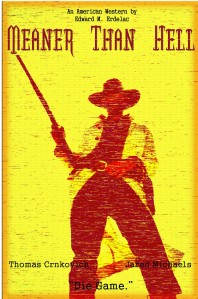
If you mean which has more to offer, well, as much as I hate to say it, movies sort of are the new literature of the world. Go on Amazon and look up the number of reviews for True Grit, both the movies and the original novel by Charles Portis (“Whaat? It was a novel?” or even “Whaat? It’s a remake?” I hear far too much). There are a 167 reviews of the novel. A really great amount for a book. There are 265 or so for the John Wayne movie, and 357 for the Cohen Brothers remake. Movies are just more prevalent than books these days.
But if you mean does either format have anything new to offer, I think there are always stories to tell in every genre. I’ve been
shopping an all-Mexican western around for years now. I think right now in film westerns have taken a turn into the hardcore realistic, which is great for western nerds for me (and yet I can’t sell any of my western screenplays, so I guess it’s really not that great), but not so great for the popularity of the genre itself. People want shoot ‘em ups. They want the westerns they remember,
the westerns of tough guys talking all kinds of great shit and fast draws and yippee-kay-yi-yays, not the revisionist westerns Hollywood’s favored ever since Unforgiven. Look at the popularity of Tombstone over Wyatt Earp. Wyatt Earp is really a better, more realistic movie, but Tombstone has great lines, great deeds. That’s what people wanna see when they go to the movies. Real life is depressing, even back then. As much as I hated the idea of Johnny Depp as Tonto, I respect Gore Verbinski. Rango is all kinds of fun, a great western. I think he could do up The Lone Ranger right. But I wish he’d call me to write
the script.
Prose-wise, it is really hard to get an interesting western published. Most of the publishers who handle the genre only want right wing good hat bad hat stuff or six gun romances. They just don’t want anything really different. And the big guys, well, they don’t look at anybody new obviously.
Of all your stories which character or book would you most like to see as a movie?
I would love to see Takashi Miike expand and direct Night Of The Jikininki, my feudal Japan zombie story from DEADCORE, the anthology Comet Press did. I enjoyed 13 Assassins. I wish I knew how to get it to him. I watched Kurosawa and Sword of Doom and read Kazuo Koike relentlessly while writing that.
I’d love to see that too! What’s the second?
I think my straight no-ghoulies western, Buff Tea.
Back to books – Your first MERKABAH RIDER books are sets of novellas that will culminate with a full length novel. How did you choose this format? What do you like about this approach?
At first I wanted to release them as novellas, and Kim at Damnation Books was all for it as well, but then my first novella Dubaku came out and it was an indie press, and you know, they do what they have to do, but personally I’m a used bookstore kinda guy, so when I saw the price for a 48-page story, I was a little put out (especially when one reviewer on Amazon voiced my same concern – that it was a little too pricey for the length). I figured nobody would take a chance on them individually, so I suggested putting
them altogether. I was introduced to Robert E. Howard in the Zebra paperbacks with the Frank Frazetta covers, so I just figured I’d write them like that – like you were reading a collected book of something previously published in Weird Tales or something. I miss not having all the cool covers I envisioned for each one, but I think the format works OK. At conventions I’ve been to a
lot of times the selling point is these are in novella ‘episodes’ that you can pick up and put down. People don’t have as much time to read, and they’re resistant to unknown authors with good reason. There’s a lot of stuff out there that’s not so great. Plus, the audience I guess it’s written for knows the Zebra books too, and they get it. I’ve read reviews comparing MR to them, and
that’s awesome that it came across for those people, because it’s exactly what I intended. Stephen King is right; writing can be a kind of telepathy.
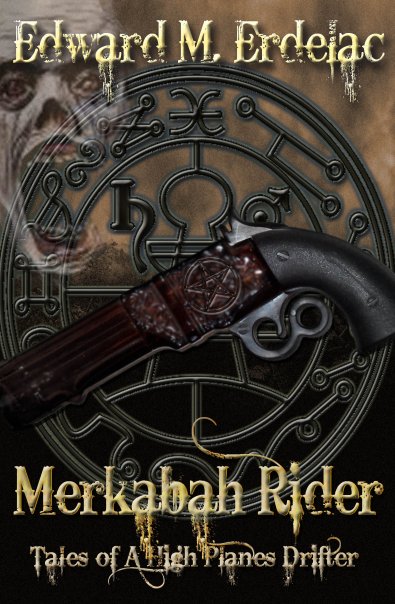
You dig deep into different cultures and time periods. What is your favorite time period or culture besides the rough and tumble melting pot of the wild west?
I think the nineteen thirties were a pretty awesome time period. There were still totally unexplored frontiers on earth, there were clear cut bad guys rising to power, things were bordering on the optimistic. It’s a time period I’d like to visit in my writing at some point. I’ve always been interested in Japanese culture, but lately I find myself skirting around Hindu and old Chinese mythologies a lot. Two cultures I know next to nothing about but am interested in. Would love to do a wuxia book some day.
It’s almost Halloween, so tell me your favorite 3 monsters.
1. Wolfman/Werewolf
2. Creature From The Black Lagoon
3. Kaiju (giant monsters or giant animals – Godzilla, Gamera,
Daimajin, I would include Them! and Night of The Lepus in here too).
You and those damned Lepi. What monster do you think is under rated?
Creature from the Black Lagoon. Someday I’ll write something with that guy in it. He’s got such a great, singular look. When I was a kid he was my absolute favorite. They’ve got these diving sets for kids where the mask and the flippers and the gloves make you look like the Creature, with webbed clawed hands and a fin on your head. I bought one for my son awhile ago but he grew out of it. Wish I’d had it as a kid.
I almost bought that even though it wouldn’t fit me! I envy kids almost all of their toys nowadays.
And now for the eternal question: If you had to be a vampire or werewolf, which would it be?
Werewolf. The biggest curse of being a vampire is having to drink only blood for eternity. I’d miss beer and Chinese food. Werewolves get all that and they get to run naked in the woods and they can smell a pizza from a mile away. They seem to have awesome stamina as well. I guess it’s all the running. Great cardio. I don’t see any drawbacks there.
I suppose they’re running off all the pizza! What is the scariest thing in the world to you?
Death. Non-existence. The possibility of having your consciousness obliterated. I don’t believe that’s what happens, but there’s
always a possibility. I guess that’s not technically in this world….I don’t know…cancer. Your body failing on you.
That brings us astrologically to our final interrogative…Crab emoticon: Best emoticon, or Bestest emoticon?
I think it deserves its own appellation. I vote Bestemicon.
****************************************************************
There you have it folks!
Please click through the links in the story to check out the items mentioned or go to Ed’s website for a chance to win giveaways all month long!
Author Ed M. Erdelace’s Blog – Delirium Tremens
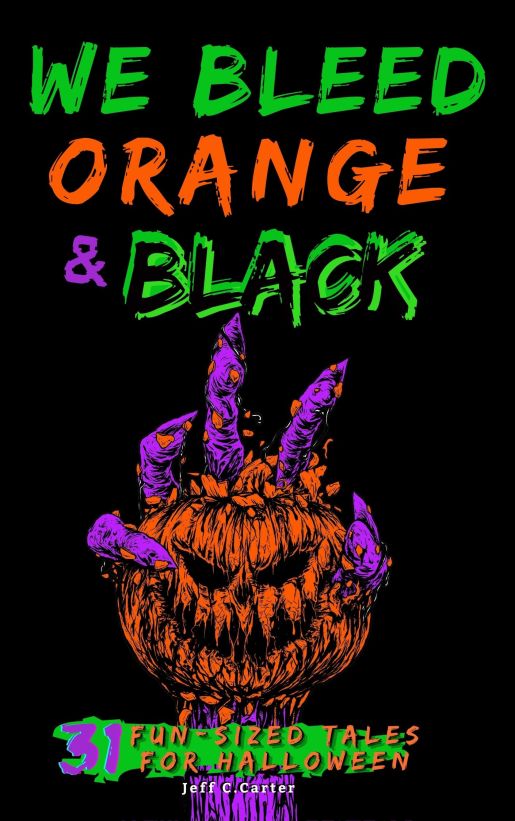












 We love you Rob, keep rockin’ those pre-ripped, acid washed 501 jeans.
We love you Rob, keep rockin’ those pre-ripped, acid washed 501 jeans.






